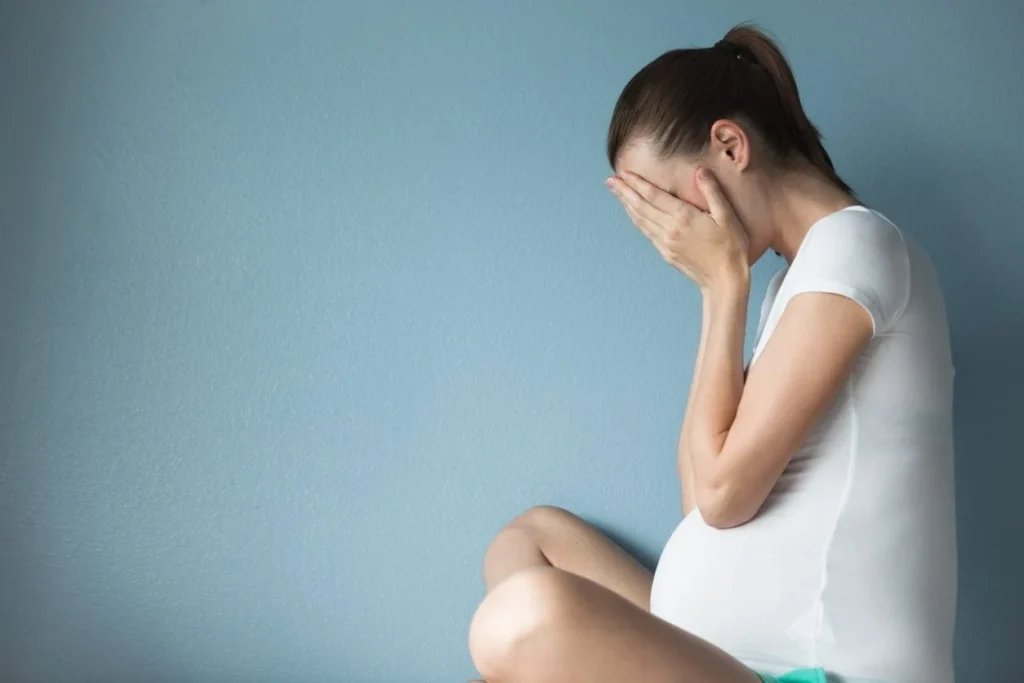
Abortion is a deeply personal and complex decision that can have emotional and psychological effects on individuals. While some women feel relief after an abortion, others may experience a range of emotions, including sadness, guilt, or regret. The relationship between abortion and mental health is a topic of ongoing debate, with various studies presenting differing perspectives. Understanding the psychological impact of abortion requires a nuanced look at individual experiences, societal influences, and existing research.
Emotional Reactions to Abortion
Many women report experiencing a mix of emotions following an abortion. For some, relief is the predominant feeling, especially if the pregnancy was unintended or posed significant challenges. However, for others, feelings of sadness, loss, or guilt may arise. These emotional responses can be influenced by personal beliefs, cultural and religious values, or the level of support from family and friends.
Immediate emotional reactions are normal and often subside with time. However, in some cases, women may experience more prolonged distress, including symptoms of depression and anxiety. Studies suggest that a history of mental health issues, lack of social support, or feeling pressured into the decision can increase the risk of negative psychological effects.
The Debate on Post-Abortion Syndrome
One controversial topic in the discussion of abortion and mental health is the concept of Post-Abortion Syndrome (PAS). Some claim that PAS is a specific psychological condition similar to post-traumatic stress disorder (PTSD), characterized by depression, anxiety, guilt, and emotional distress following an abortion. However, major medical and psychological organizations, including the American Psychological Association (APA), do not officially recognize PAS as a distinct disorder. Instead, they argue that while some women may experience distress, abortion itself does not inherently cause mental health disorders.
Risk Factors for Psychological Distress
Certain factors can increase the likelihood of experiencing mental health struggles after an abortion. These include:
- Pre-existing Mental Health Conditions – Women with a history of depression or anxiety may be more vulnerable to emotional distress post-abortion.
- Lack of Support – A strong support system can help mitigate negative feelings, while isolation may worsen emotional struggles.
- Religious or Cultural Beliefs – Individuals who hold strong moral or religious convictions against abortion may experience greater guilt or regret.
- Coerced or Unwanted Abortion – Women who feel pressured into having an abortion may have higher levels of distress compared to those who make the decision freely.
- Late-Term Abortions – Some studies suggest that later-stage abortions may have a greater psychological impact than first-trimester procedures.
Coping and Mental Health Support
For those who struggle emotionally after an abortion, seeking professional help can be beneficial. Therapy, counseling, and support groups provide safe spaces to process feelings and navigate emotional challenges. Additionally, fostering open conversations about abortion without stigma can help individuals feel less isolated in their experiences.
Conclusion
The impact of abortion on mental health is highly individual and influenced by various factors. While some women experience relief, others may struggle with complex emotions. Acknowledging these diverse experiences and ensuring access to mental health support is crucial in addressing the psychological aspects of abortion in a compassionate and informed manner.
